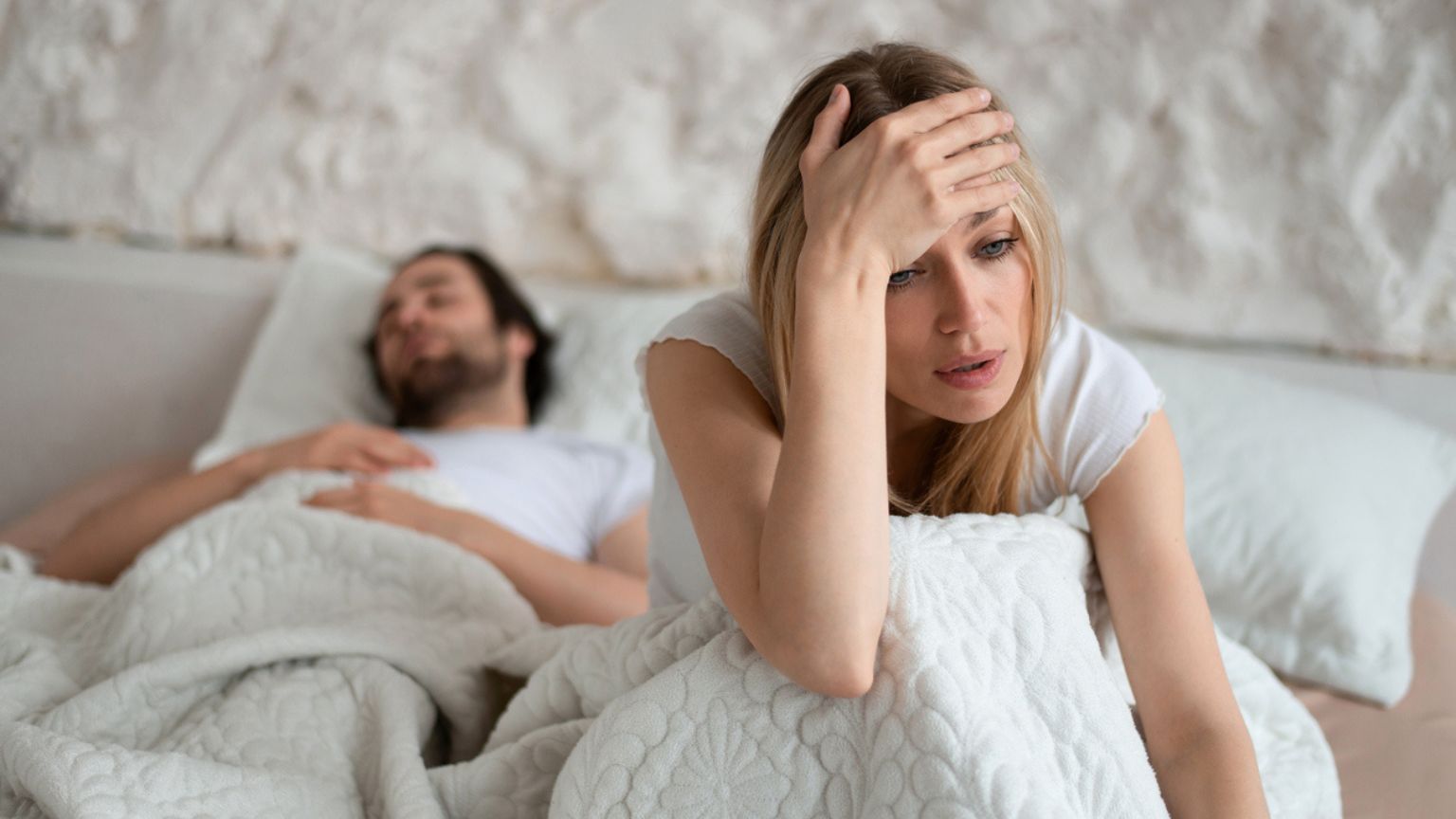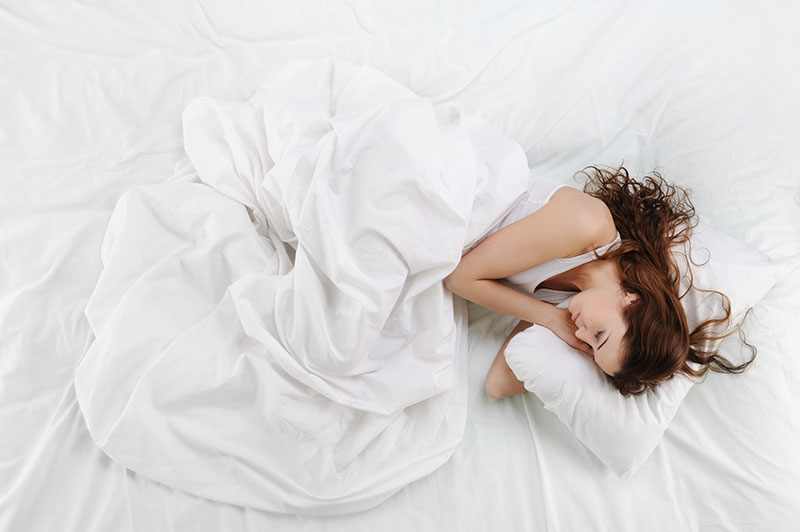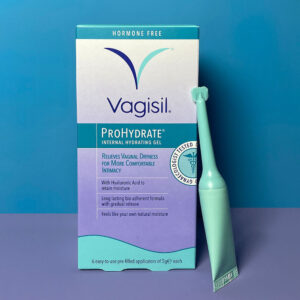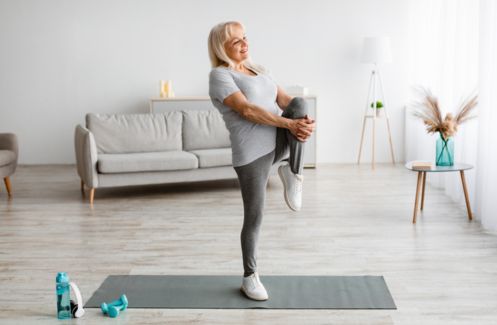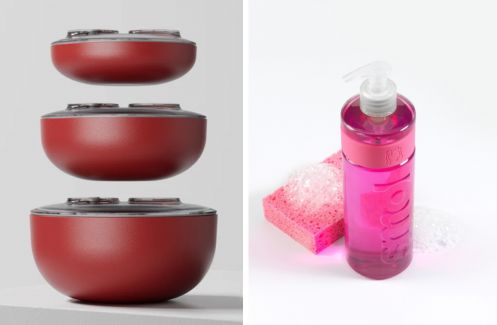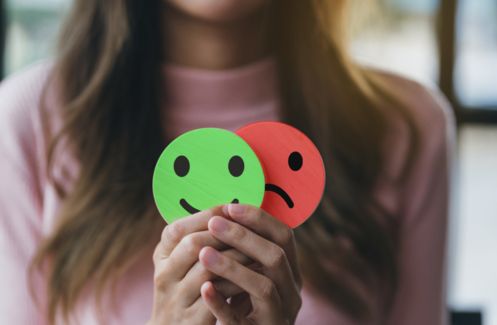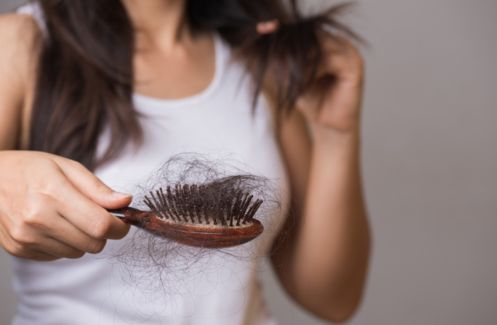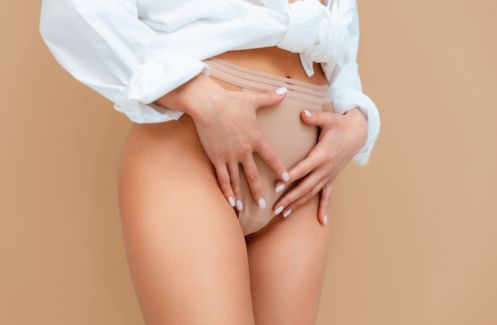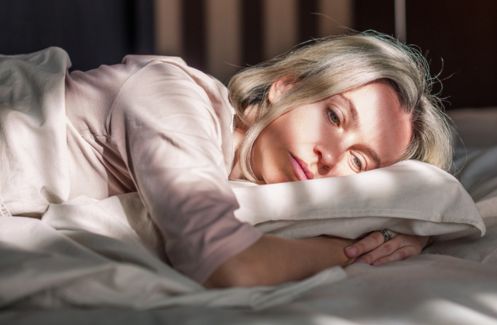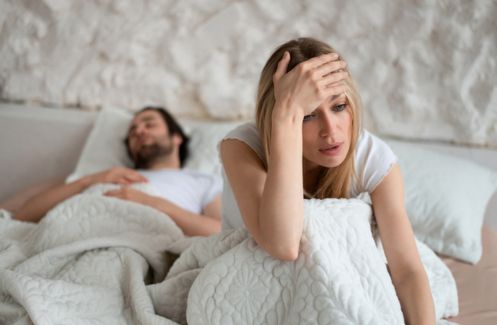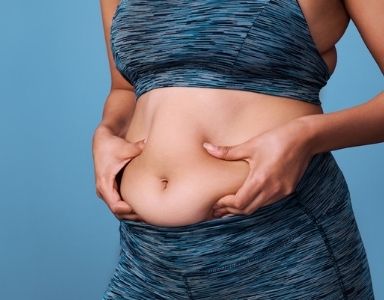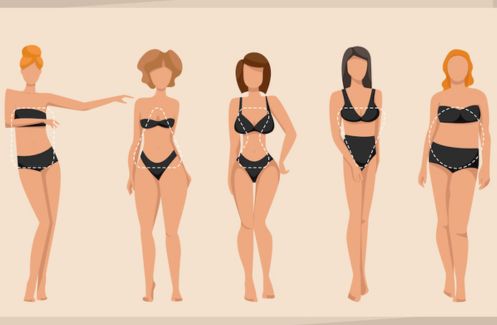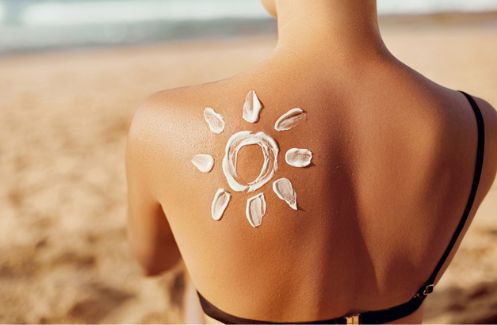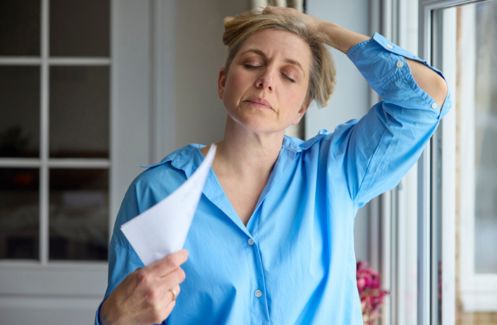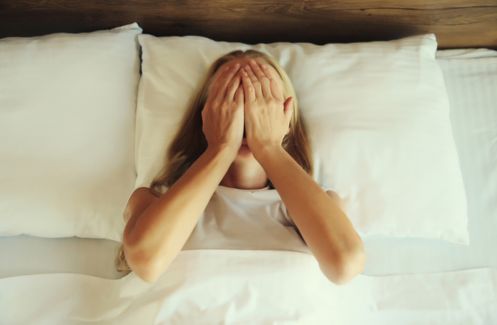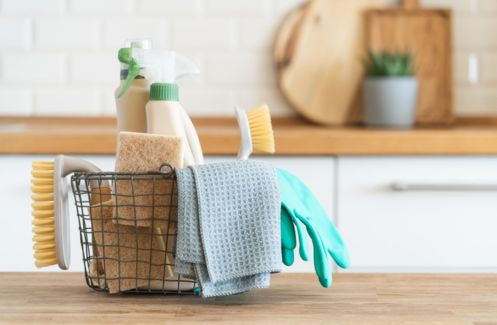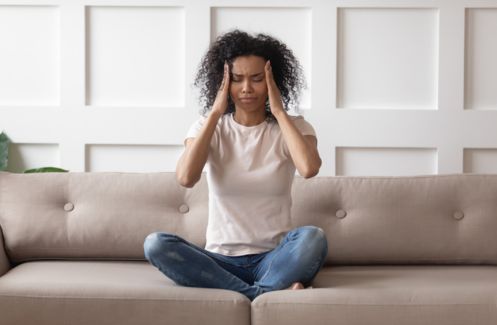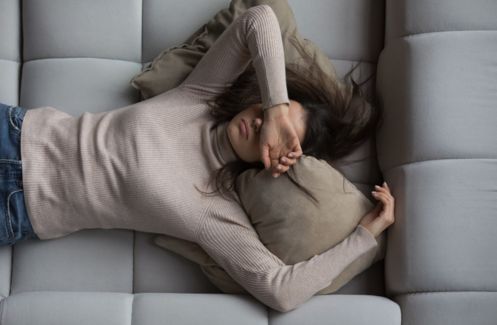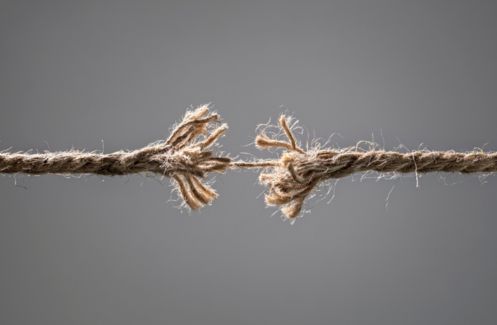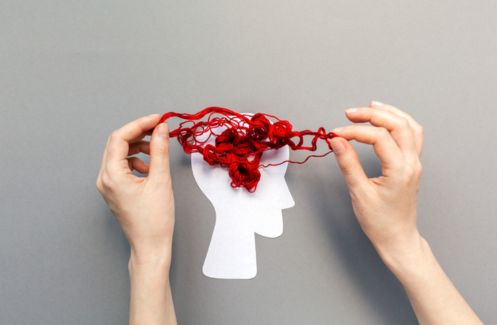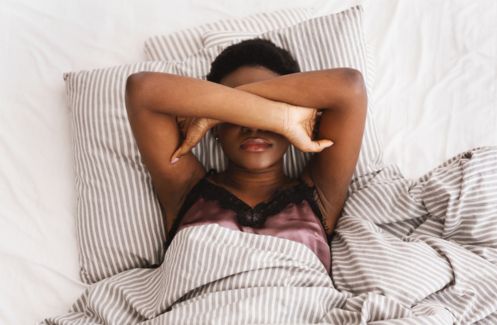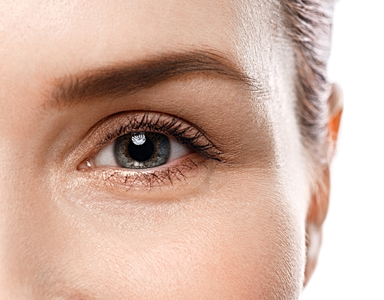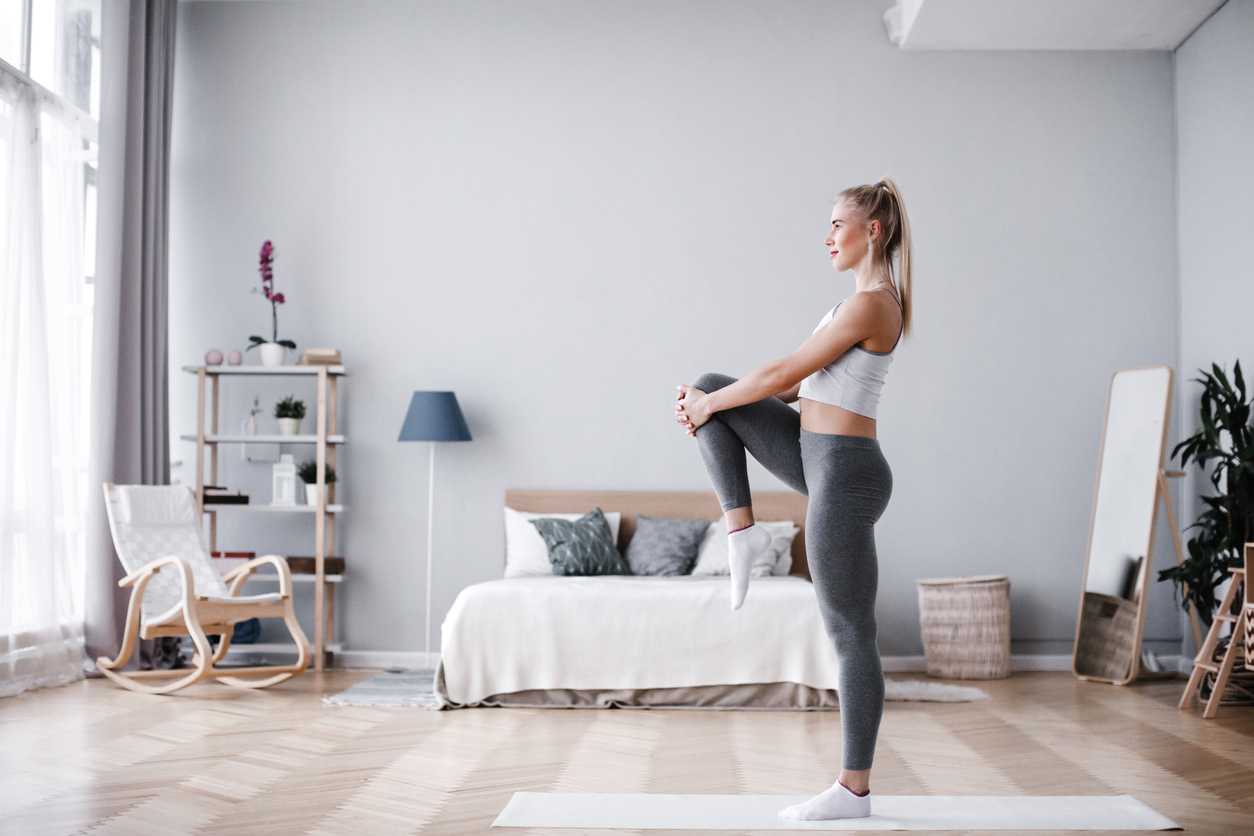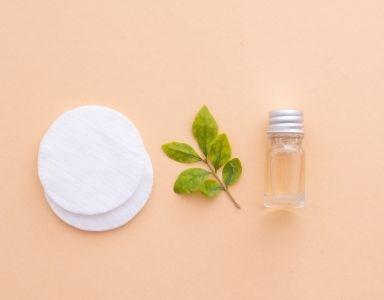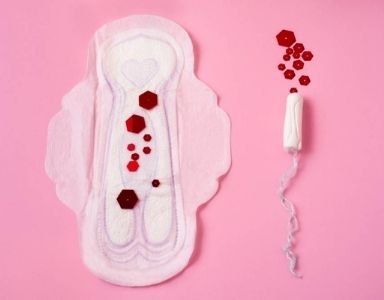If you’re too embarrassed to ask your doctor (or anyone) the question: ‘why is my vagina dry during sex?’ we’ve asked leading gynaecologist Dr Vanessa Mackay for you. Good news is, it can often be an easy fix
If getting wet before intercourse has never been a problem for you before and suddenly, things have changed, you may be experiencing hormonal changes such as approaching the menopause.
But then again you might not be, but it’s still normal. In fact, there are plenty of reasons women experience vaginal dryness during sex. Trouble is, no one ever talks about it, so few of us know the heartening truth – it’s easily fixed.
surprisingly, the most at risk were women in their mid-twenties to mid-thirties
Research last year by Vagisil found that vaginal dryness affects a staggering half of British women. Even more depressingly, two in five women in a relationship who have suffered from it don’t feel comfortable talking to anyone – not even their partners – about this and one in 20 have even ended a relationship because of issues with vaginal dryness.
Perhaps most surprisingly, the most at risk were women in their mid-twenties to mid-thirties, not those who were experiencing menopause.
If you’re one of the large proportion of women who are too embarrassed to talk to their doctors about this, we’ve quizzed Dr Vanessa Mackay of the Royal College of Gynaecologists about the reasons and what you can do about them…
READ MORE: I’m a Gynae – here’s what nobody really tells you about your vaginal health
Reason #1 You’re approaching menopause
The most common reason for vaginal dryness is the menopause or the years leading up to it. For the average British woman, menopause occurs at around 52 but the perimenopausal years can begin up to a decade earlier.
‘The hormone oestrogen is responsible for keeping the vagina lubricated but during menopause and the years leading up to it, oestrogen levels can fluctuate and then dramatically drop leading to symptoms such as mood changes, hot flushes, tiredness, night sweats, weight gain and indeed, vaginal dryness,’ says Dr Mackay.
oestrogen is responsible for keeping the vagina lubricated
Your first stop should be your GP. Your GP can examine you and do any necessary tests to work out what’s at the root of the problem. If your oestrogen levels are low, your doctor might prescribe topical oestrogen medication which can come in the form of creams, tablets or rings that you apply internally that deliver a low, local dose of oestrogen to your vagina.
They may come with side effects though, including breast pain and vaginal bleeding. Oestrogen therapy of any kind should also be avoided by women who have had or have a family history of breast or endometrial cancer and those who are pregnant or breastfeeding.
Reason #2 You’re not aroused enough
If you’re not aroused enough during sex, the vagina may not produce enough of its own natural lubricants. One word people: foreplay!
Research shows we want more foreplay than we’re getting. In 2012, a team of researchers from the University of New Brunswick measured the duration of foreplay by asking men and women in relationships to report how long an ideal foreplay session should last as well as ideal intercourse.
Then they timed their actual sex lives in the comfort of their own homes. They reported an average of 11 to 13 minutes of foreplay, and seven to eight minutes of intercourse.
Interestingly, women wanted eight more minutes of foreplay and seven more minutes of intercourse; men wanted five more minutes of foreplay and 11 more minutes of sex.
READ MORE: Why sex hurts – the gynaecologist’s guide
Reason #3 You’re on your period
‘Oestrogen levels dip while you’re on your period,’ says Dr Mackay.
‘As with menopause, when oestrogen levels are depleted. vaginal dryness can be a side effect’.
The good news is that oestrogen levels steadily start to rise again after your period, so this effect will usually be temporary.
Reason #4 You’ve just had a baby
‘Breastfeeding or childbirth can cause vaginal dryness and this is something not many women are aware of,’ says Dr Mackay.
‘Oestrogen levels can temporarily decrease after giving birth, making the vagina feel dry.’
Additionally, according to the NHS website, if you’re breastfeeding, this dryness can feel even more pronounced.
READ MORE: 8 pelvic floor exercises that will spice up your sex life
Reason #5 Your medication is not helping
‘Although it’s uncommon, the combined contraceptive pill or the contraceptive injection can cause vaginal dryness,’ says Dr Mackay.
Other medications such as cold medicine can dry up vaginal moisture in the same way they dry up the mucuous membranes in your nose – though this will be temporary (and let’s face it, if you’ve got that nasty flu, fooling around is probably the last thing on your mind).
medications such as cold medicine can dry up vaginal moisture
The most commonly prescribed type of anti-depressant medication, Selective Serotonin Re-uptake Inhibitors or SSRIs can also cause vaginal dryness and a decreased sex drive so talk to your doctor about perhaps switching if this is a problem for you.
Reason #6 You’re stressed
Stress can also cause vaginal dryness, says Dr Mackay. Which makes sense because it’s another one of those things that can kill or seriously damage your desire for your partner to start with, and can certainly distract you from the task at hand once you’re actually in bed.
Reason #7 You’ve got a medical condition that’s to blame
Common conditions affecting the reproductive area might also be to blame for vaginal dryness such as endometriosis, fibroids or a a urinary tract infection.
On a less obvious note, problems such as diabetes or treatments for cancer such as radiotherapy to the pelvic area, hormonal cancer treatments such as those given after breast cancer and chemotherapy, can all cause vaginal dryness, explains Dr McKay.
What you can do
Once you’ve ruled out medical causes – or you don’t think using hormone therapy in your intimate area is for you – you could try a hydrating gel. But make sure it’s one formulated for the vaginal area.
‘Trying to treat dryness with creams or gels unsuitable for the sensitive area of the vagina can actually make things worse,’ says Dr Mackay.
‘Vaginal lubricants are liquids or gels that you apply to your vagina before having sex, offering an immediate moistening effect.’
Vaginal moisturisers on the other hand can also be applied to the inside of the vagina every few days and their effects are more long-lasting, she explains.
The Vagisil Prohydrate range is entirely hormone-free and has been specifically created after five years of research and clinical testing, so they’re proven both effective and safe (nine in ten women who tried it would recommend it to someone else suffering from intimate dryness).
The active ingredient is ProHydrate Complex which includes a substance called hyaluronic acid, a type of moisturising agent that mimics the body’s own natural moisture. This coats the vaginal wall and slowly releases moisture over time to relieve dryness so you can feel comfortable and ready whenever the moment is right.
For long-lasting relief: Vagisil Prohydrate Internal Hydrating Gel, £11.34 comes in six pre-filled applicators with five grams of gel in them which can be applied internally to release moisture over time – a bit like a maintenance measure for your vagina’s moisture. This product is hormone-free.
Before sex: Vagisil ProHydrate External Hydrating Gel, £8.55 is a gel that can be used externally to keep skin feeling hydrated and supple. This product is hormone-free.
Vagisil is also available at Boots and Superdrug.
Like this article? Sign up to our newsletter to get more articles like this delivered straight to your inbox.


